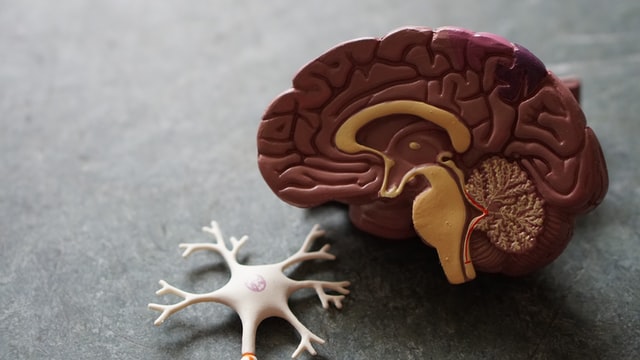A potential vaccine for Alzheimer’s Disease has passed another stage of clinical trials
An Alzheimer’s vaccine, UB- 311, has entered the next phase of clinical drug trials.
Memory loss, confusion, and subsequent problems with speech and understanding; these are all common symptoms of Alzheimer’s. It is a form of dementia affecting more than half a million people in the UK. With the Alzheimer’s Society estimating a rise of dementia patients to 1.6 million by 2040, the need for a ‘silver bullet’ is becoming ever more important. Such a scientific breakthrough may be far closer than we think
The vaccine results in antibody production without triggering inflammation
Previous attempts to produce an Alzheimer’s vaccine have consistently failed, often resulting in extreme side effects for patients that undergo trials. For example, in 2003, Irish pharmaceutical company Elan launched a drug trial on patients shortly after tests on genetically modified mice had taken place. The result for patients was inflammation, one of the body’s defence mechanisms, in both the brain and the central nervous system.
This new vaccine, produced by United Neuroscience, differs from such vaccines in that it does not overstimulate the immune system. Mei Mei, CEO of this global company, which is working hard to combat chronic disease, explains that the vaccine results in antibody production without triggering inflammation.
The damaged protein called beta-amyloid, which miss-folds and takes a sticky form and then clumps together, forming plaques around nerve cells
Alzheimer’s is strongly associated with a damaged protein called beta-amyloid, which miss-folds and takes a sticky form and then clumps together, forming plaques around nerve cells. This contributes to brain cell damage as nerve cells in the brain become unable to communicate effectively. Damaged beta-amyloid proteins can cause the miss-folding of neighbouring proteins, causing further damage to neurones. There is scepticism as to whether this plaque formation is a cause or effect of Alzheimer’s. However, as David Morgan, neuroscience professor at Michigan State University and director of Alzheimer’s Alliance put it: “the genetic data pretty strongly suggests amyloid is causative.”
The vaccine is a synthetic imitation of the amino acid sequence that is present only in the damaged form of the protein.
Working on this knowledge, the UB-311 vaccine mimics the damaged beta- amyloid protein. Proteins are made of amino acid sequences. The vaccine is a synthetic imitation of the amino acid sequence that is present only in the damaged form of the protein. This means that the body produces an antibody response, which rids the body of these damaged proteins. Because this protein is already present in the body, potentially dangerous inflammation is not triggered.
Phase two double-blind trials, which commenced in January 2019, used 42 subjects with mild cognitive impairment, an early sign of Alzheimer’s. The results were extremely promising, as the vaccine proved to be tolerable, safe and effective.
As Chang Yi, Executive Founder and Chairperson of United Neuroscience and mother of Mei Mei explained: “we were able to generate some antibodies in all patients, which is unusual for vaccines.” She went on: “so far, we have seen an improvement in three out of three measurements of cognitive performance for patients with mild Alzheimer’s disease.”
Phase two trials were extremely small, meaning that evidence is not statistically valid. However, the initial data is ‘compelling,’ in the words of Drew Holzapfel, acting president of non-profit UsAgainstAlzheimer’s. As James Brown, director of the Aston University Research Centre for Healthy Ageing states; “you’d want to see larger numbers, but this looks like a beneficial treatment.” He continued: “this looks like a silver bullet that can arrest or improve symptoms, and, if it passes the next phase, it could be the best chance we’ve got.”
There is huge optimism as the company is now preparing for the next phase of clinical trials. If successful, the vaccine could be rolled out for use for those with early Alzheimer’s disease as well as to those at-risk individuals.
Will this be the much awaited silver bullet? Only time will tell. So far, there is every reason to remain optimistic.

Comments